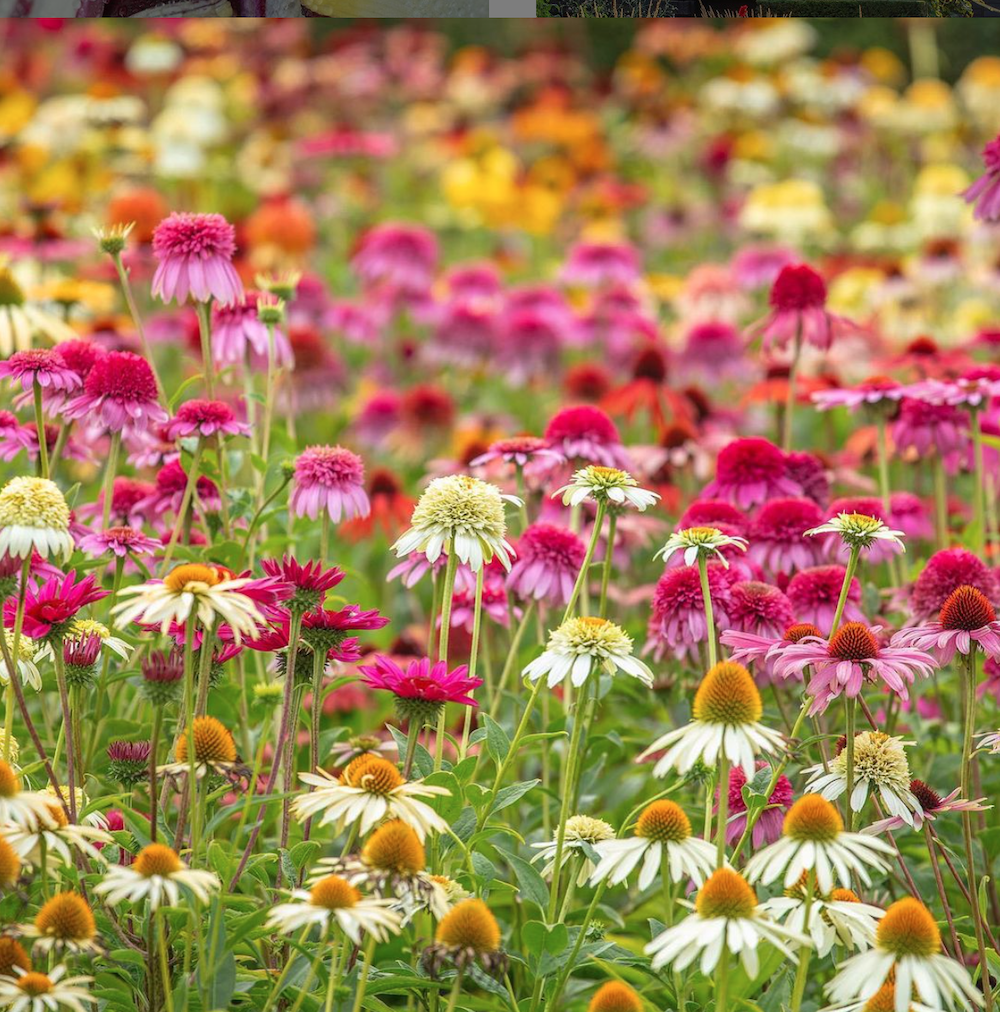Beethoven Comforted by Flowers While Battling Deafness
By Jill Brooke
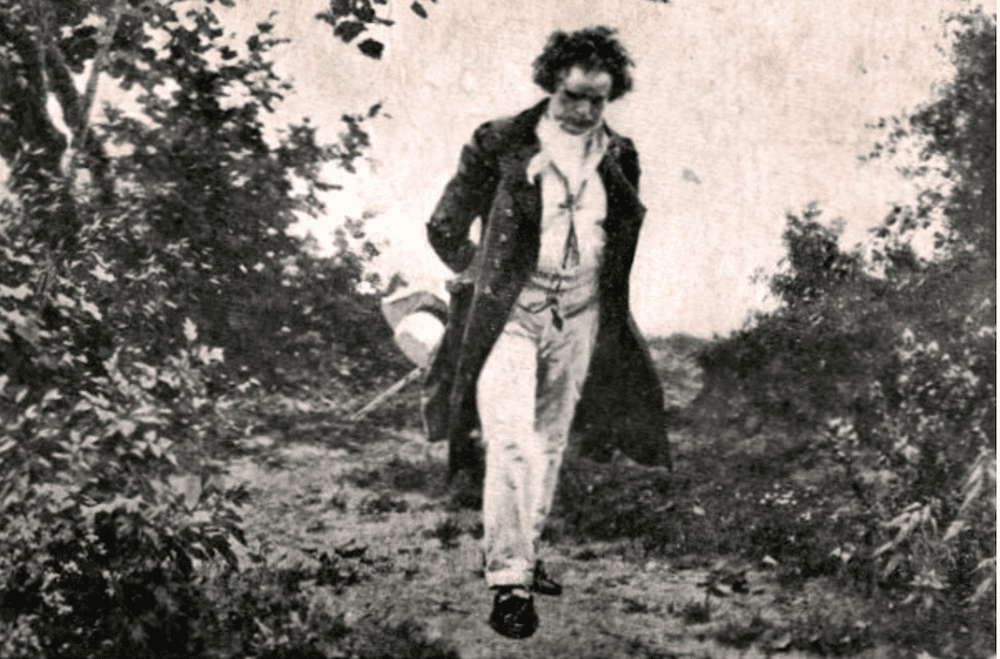
Staying positive is never easy when combating outside forces that bring you down.
However, considering it’s Ludwig van Beethoven’s 250th birthday this week, perhaps we can learn life lessons from him while enjoying his music, which was instrumental in shifting from the classical approach to a more romantic genre that celebrated the freedom and dignity of the individual.
A musical sensation in Viennese salons, Beethoven’s works were greatly celebrated throughout Europe starting in 1800.
By the time Beethoven completed his Ninth Symphony in 1824, he hadn’t unveiled any major new composition in over a decade. Furthermore, his deafness – which started at the age of 28 – was only getting worse and many dismissed him as being over.
But he was insistent, as he wrote, to “seize fate by the throat; it shall certainly not crush me completely.”
And it did not. His most important innovative works including sonatas, symphonies and quartets, were composed during the last decade of his life when he was almost completely deaf.
The one place that was his solace was nature. In fact, flowers were an elixir that calmed and soothed him as well as inspired his work.
According to Florence Williams’ book, “The Nature Fix,” Beethoven “hugged the Linden tree in his back yard” to derive strength and determination.
“Beethoven was never more at home than walking in the countryside,” notes Patricia Morrisroe, the author of “The Woman in the Moonlight.” “Passing fields of vibrant wildflowers, he’d scribble ideas in his notebooks. The flowers gave him joy and he gave that joy to us.”
As he wrote to a friend, “How glad I am to be able to roam among the trees and flowers. My bad hearing does not trouble me here.”
Since flowers rooted him and gave him such pleasure, we had this idea. Ask some of the world’s most famous florists and photographers to give Beethoven a birthday bouquet and what was behind their choices. Here they are:
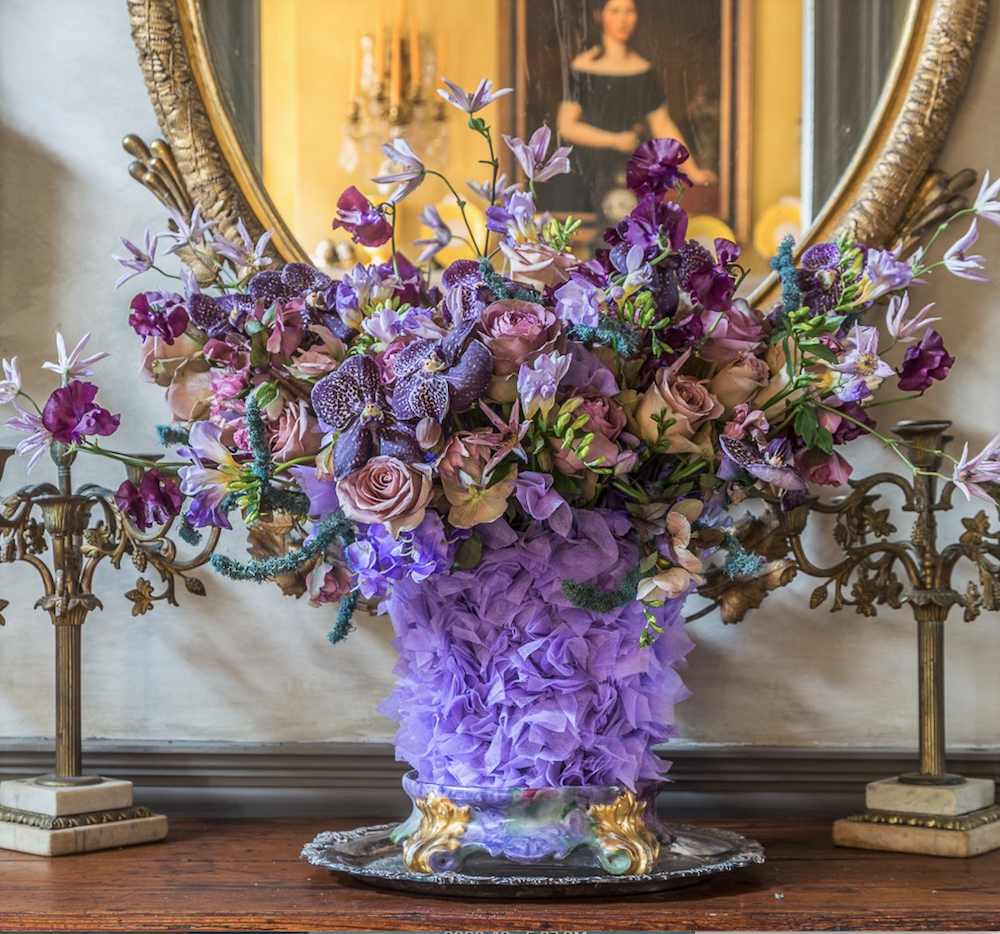
Laura Dowling, Washington D.C.
“Beethoven’s genius lies in the fact that he used music to express complex and heartfelt emotions, especially those exemplifying the resilience of the human spirit. Despite the many obstacles he faced, Beethoven created works of art that demonstrate the power of beauty – and perseverance – inspiring lessons that are also intrinsic in nature and, especially, in flowers.”
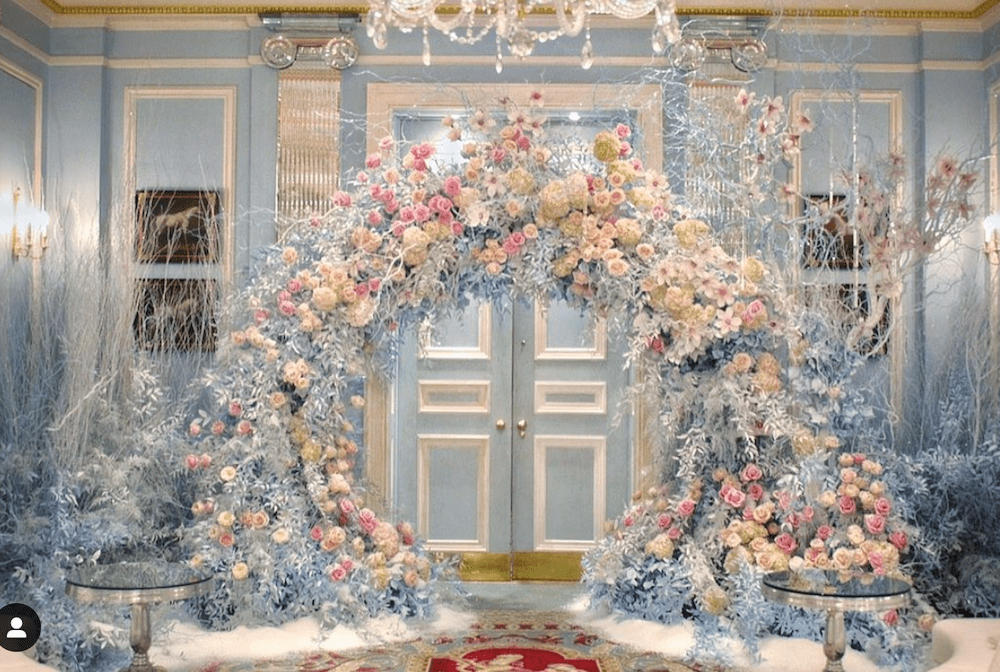
Tony Marklew, London
“I hope this inspires him to produce the delicate alongside the bold and heady and that the olfactory sensation would stimulate his passion and allow him to imagine the delicate heads having ethereal voices.”
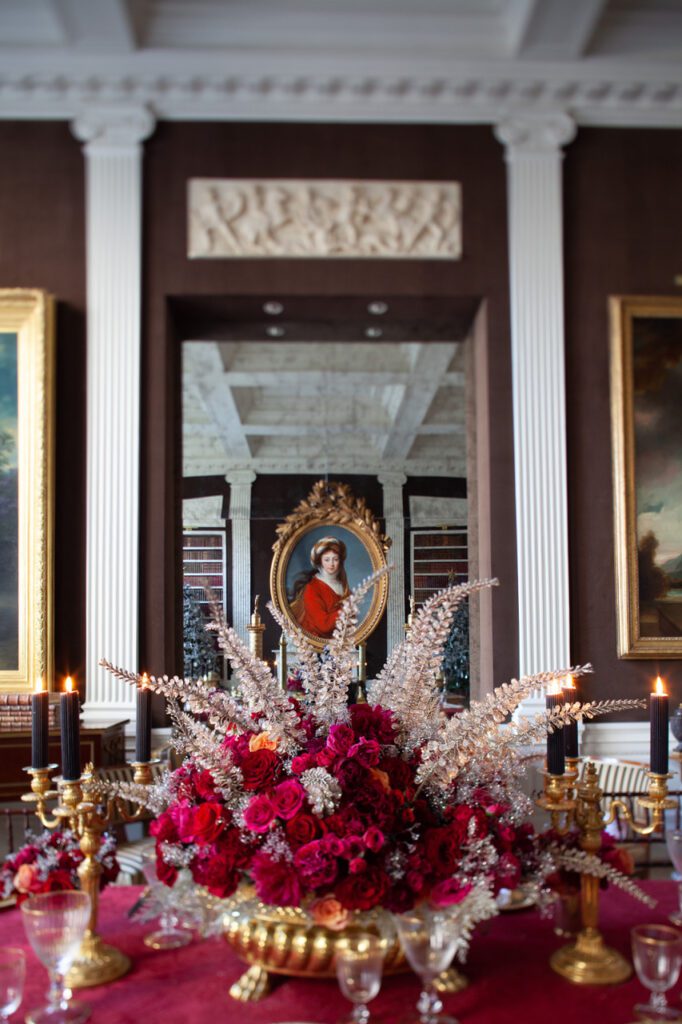
Carolyne Roehm, Connecticut
“A powerful giant in the music world deserves strong big beautiful flowers. He’s not a lily of the valley. Red roses because there are so much love and passion in his music.”
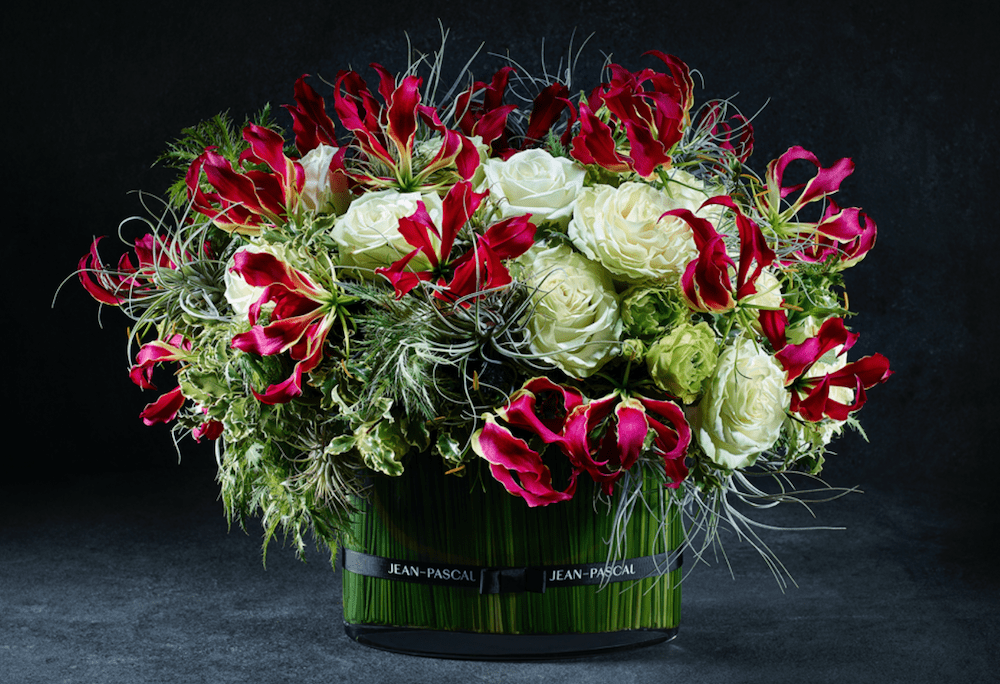
Jean-Pascal, Los Angeles
“Like his music, this floral composition is romantic, full of expression and high in rhythm. In one word: Unconventional!”
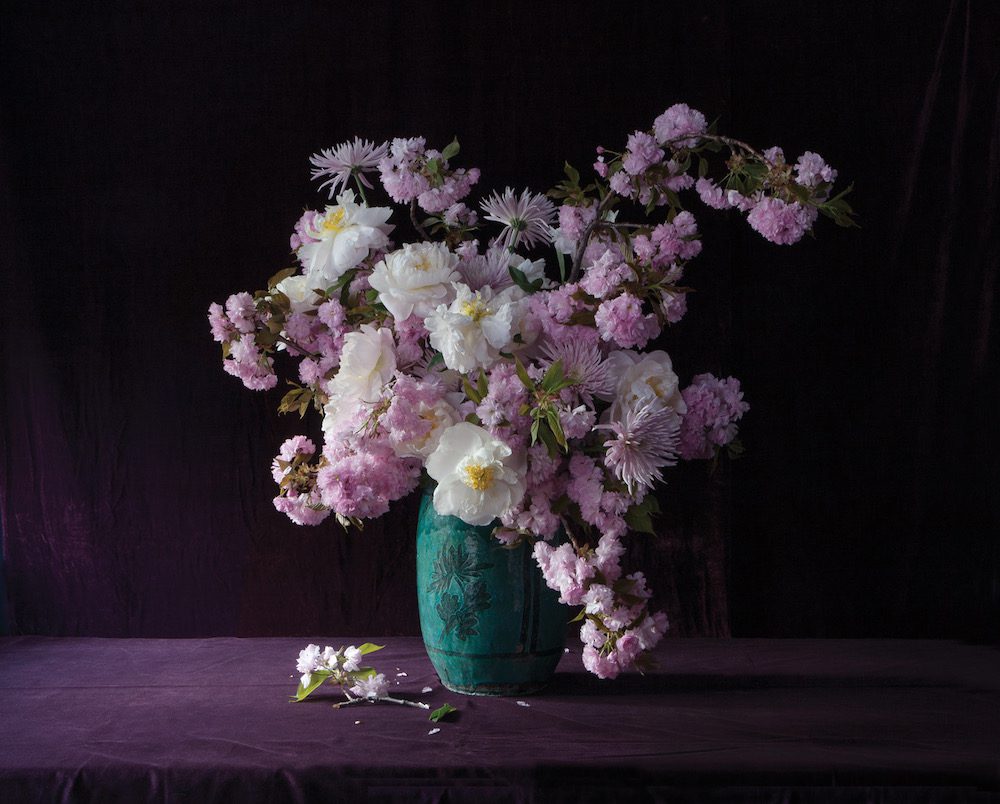
Lewis Miller Design, New York
“I want to give this floral arrangement to Beethoven as an ode to joy.”
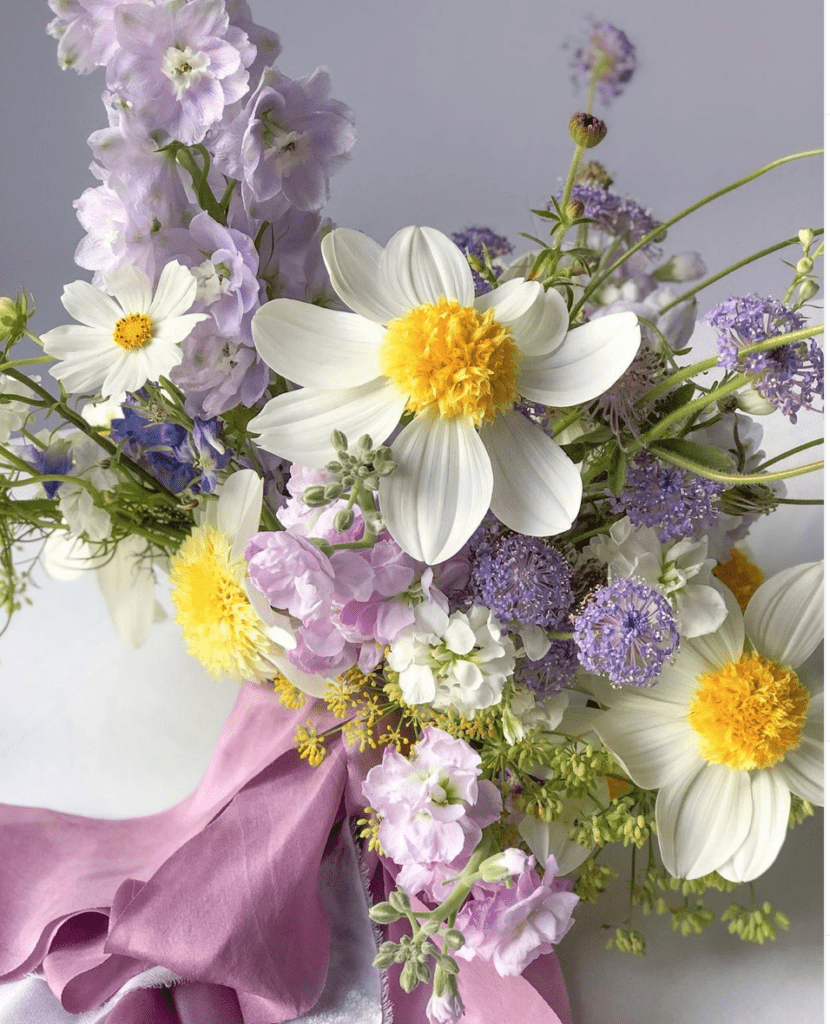
Ashley Fox Designs, Minnesota
“This exemplifies sunshine and lightness for someone who could not hear but you can feel laughter and joyfulness from this bouquet”
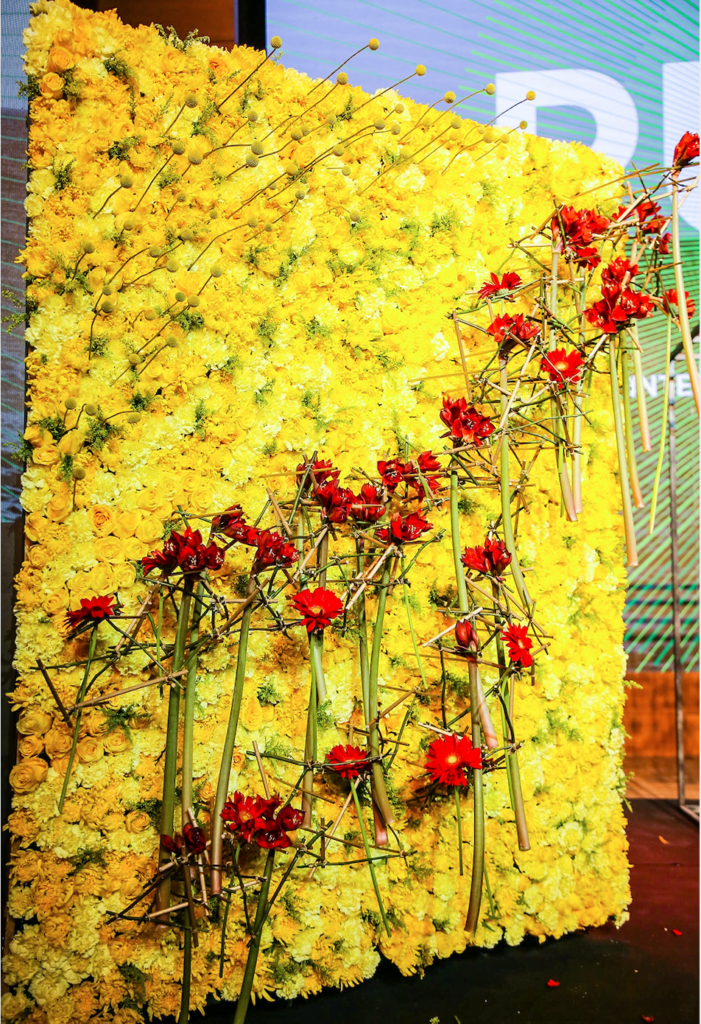
Bill Schaffer, Philadelphia
“My grandmother so loved flowers and being a florist. By the time she was in her late 80s, she was going blind. It did not stop her from being able to softly touch and feel the beauty of flowers and see them in her mind as she continued to make beautiful floral designs. Never stop creating.”
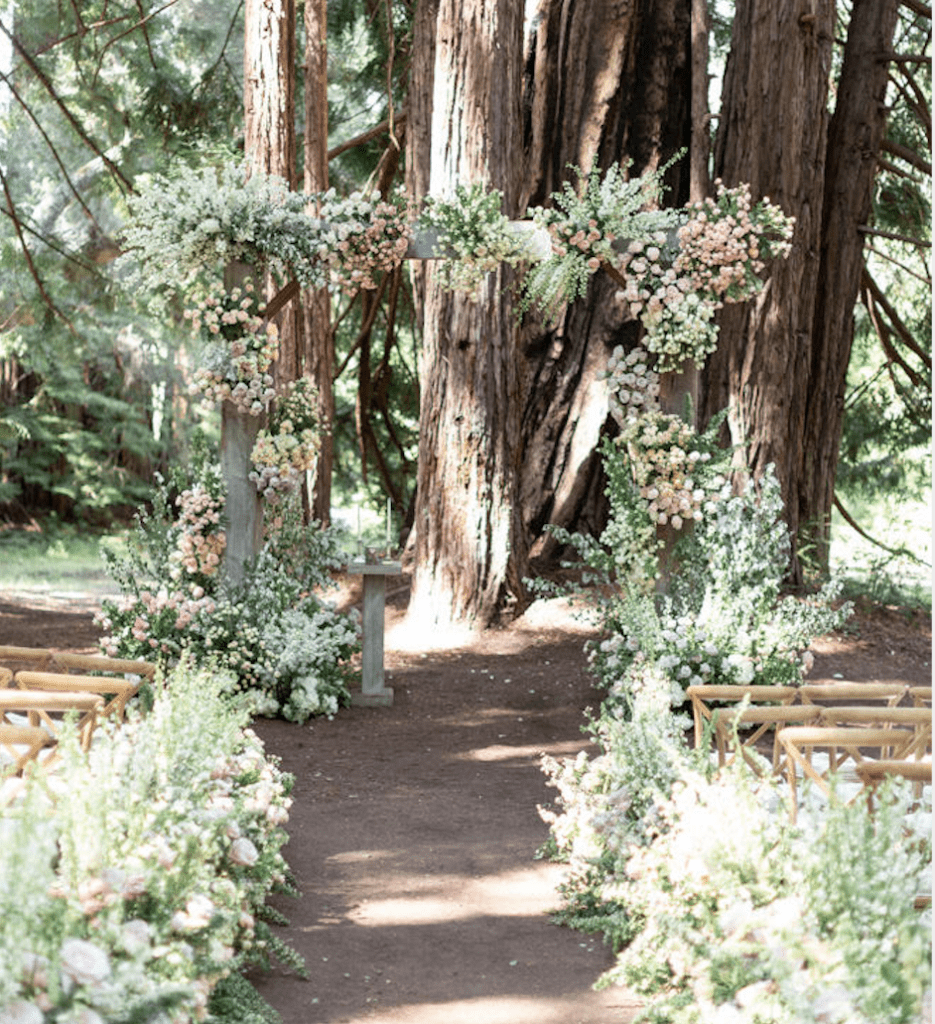
Eddie Zaratsian, Los Angeles
“This whimsical floral arch pays homage to the solace and comfort that he often found during his walks in the Vienna woods.”
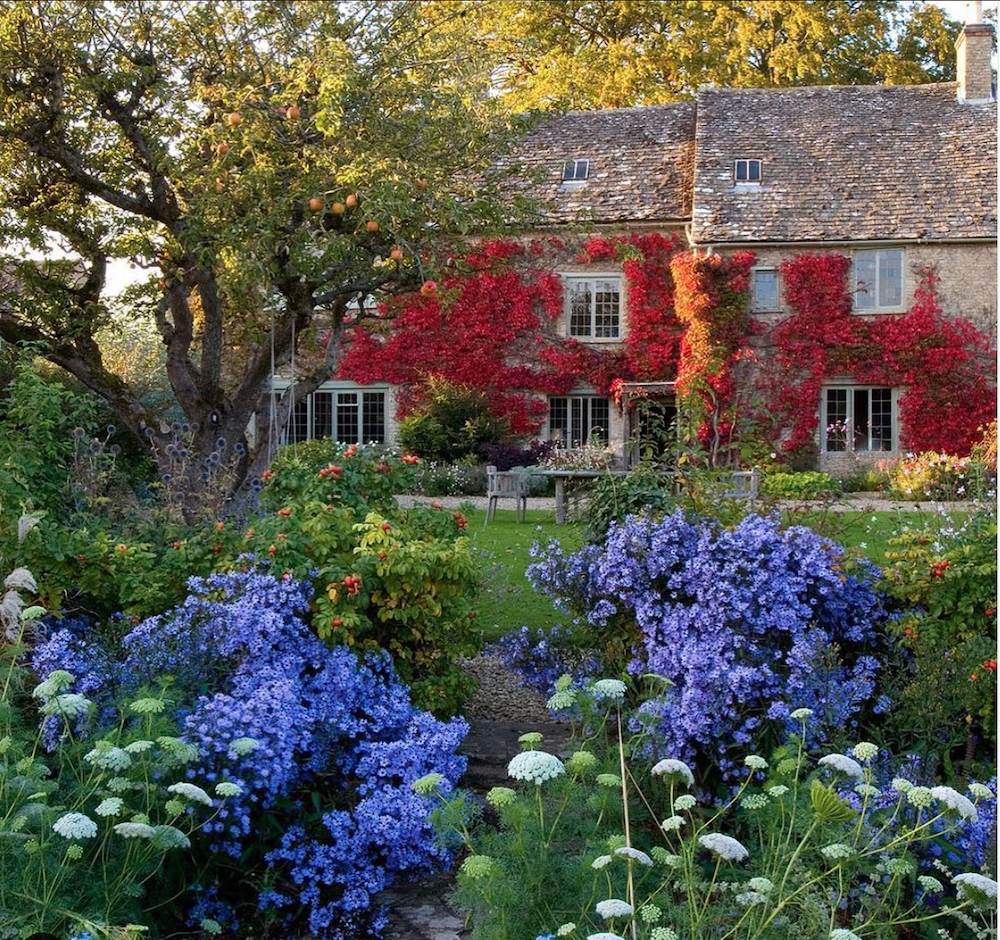
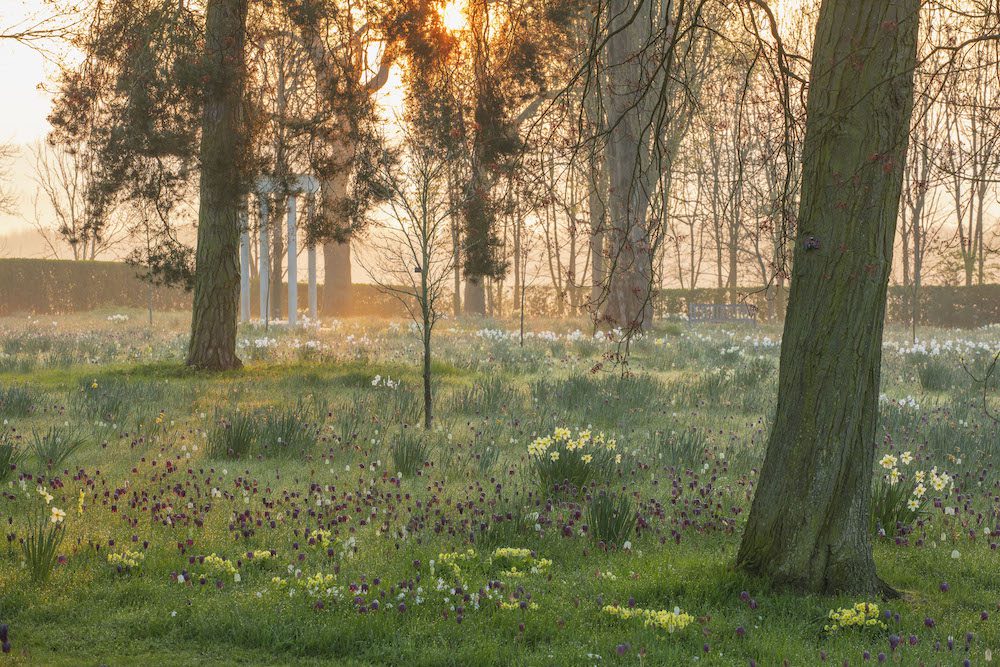
Photographer Clive Nichols, London
“His music inspires. I often hum to the tune of Pastoral Symphony when in a beautiful garden.”
Happy Birthday, Ludwig van Beethoven. The flowers you derived pleasure from still delight 250 years later. After all, as I always say, “Even when stomped and trampled on, flowers grow, trusting their inner beauty and resilience.”
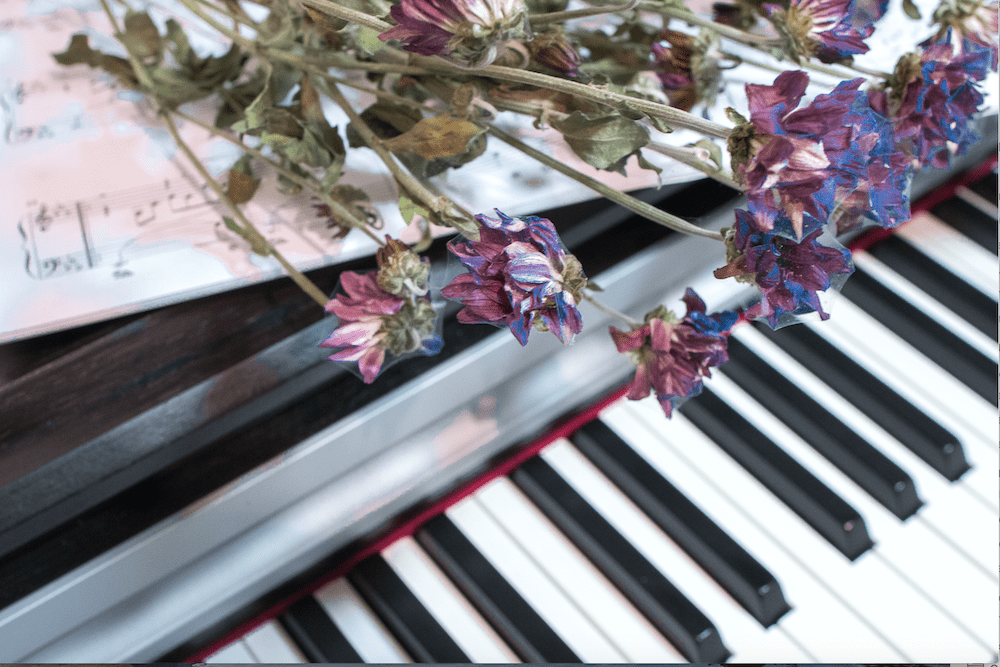
Jill Brooke is a former CNN correspondent, Post columnist and editor-in-chief of Avenue and Travel Savvy magazine. She is an author and the editorial director of FPD.
Photo Credit: Beethoven: Shutterstock
Video Editor: Luca Sileira

